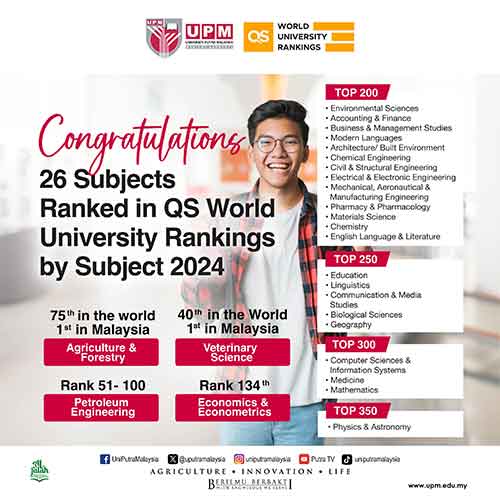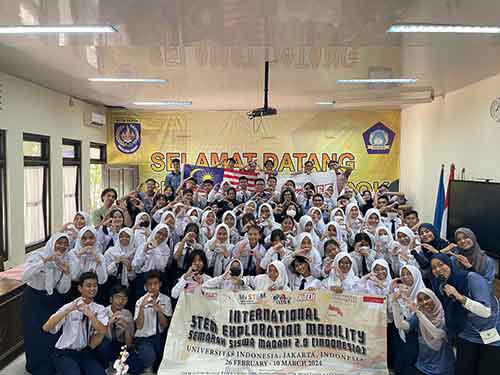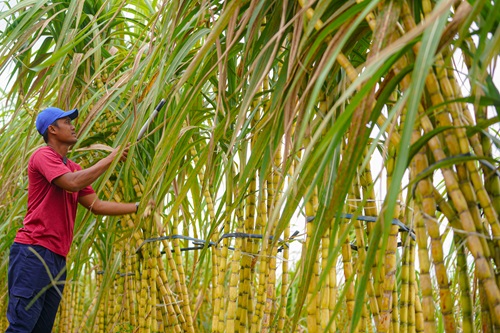By: Dr. Daljit Singh Karam
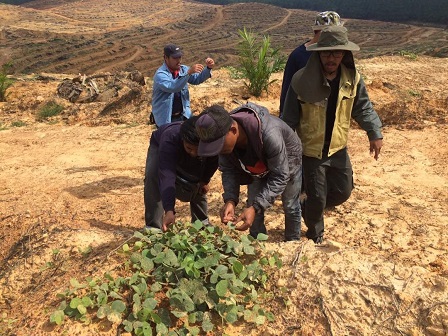
Travelling broadens one’s horizon. In addition to appreciating the beauty of nature, a traveller is sure to gain useful knowledge through the experience. Similarly, in education, students need to be exposed to knowledge either through classroom learning or their own experiences. At educational centres such as colleges or universities, graduates come from diverse family backgrounds with the most notable differences in age group and careers.
We often hear complaints and doubts expressed by employers with regard to the quality of our graduates. Nevertheless, this phenomenon occurs in almost all developed or developing nations. The first grave concern that needs immediate attention is the fact that our young people do not have work experience as most immediately pursue their diploma, matriculation and degree education right after graduating from high school. This is not wrong because the education pattern and the acceptance of our society towards education are the same.
We must remember that the knowledge imparted to graduates is with the hope that they will continue the struggle of our current leaders to improve the life of our society. Therefore, academic field trips are not merely to expose students to the uniqueness of our country as an agricultural nation, but also to expose them to the local lifestyle.
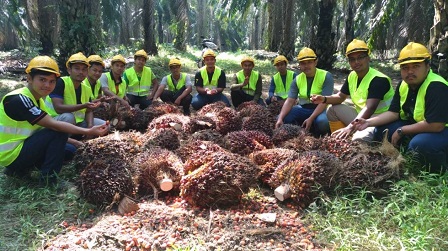
For courses or professions related to land management, students need to be exposed to outdoor learning activities. At Universiti Putra Malaysia (UPM), particularly the undergraduate and graduate courses offered by the Department of Land Management, Faculty of Agriculture, learning input should involve both indoor and outdoor activities.
It is a practice to teach theories related to the course in classrooms, followed by further practice either in or outside the laboratories. Land science knowledge acquired in classrooms and laboratories needs to be synchronised through students’ workplace and local community involvements to ensure the continuity of knowledge acquired so that it could be utilised for the well-being of the community and the preservation of the environment.
In line with the goal of achieving a sustainable land management, which should include the environment, employment and welfare of the society, we can see areas being gazetted into national treasures that promote tourism. This will, undeniably, contribute to the generation of local and national incomes.
As an example, if the public are asked about Cameron Highlands, Pahang, all would surely say that it is well-known for its strawberry and tea plantations which are actually based on an agro-tourism concept. Its vigorous agricultural activities and being a popular tourist attraction due to its cool and comfortable temperatures, allow tourists to appreciate the beauty of its tea plantations and pick strawberries and the locals to purchase vegetables for cooking.
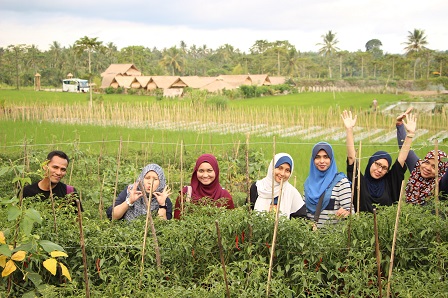
We are confident that such a visit would allow graduates to get a clearer picture of the lifestyle of the local community based on their type of work and see the potential of a location to become more advanced in generating revenues.
In addition, there are graduates who are already employed but continue to pursue their studies either to diversify their career prospects or for self-satisfaction. These working groups are involved in various activities as well as in development of policies for local management and progress. Thus, classroom learning is inadequate as work experience in management is necessary to enable them to face the diverse societies.
Students undertaking the Master of Land Resources Management (LARM) are required to attend a one-week technical course on land resource management and urbanisation at Cambridge University, United Kingdom. This course is developed according to industrial needs by linking the development in Europe with Malaysia and things that can be implemented in our country.
In addition, academic visits to neighbouring and other Asian countries such as Indonesia, Thailand and Japan are also held.
The purpose of the visit is not for sight-seeing but to expose students to the ideas of how an area can be sustainably developed based on existing sources such as those at Sasak Village in Mataram and Borobudur and Prambanan temples in Central Java, Indonesia.
The Bachelor of Science in Plantation Management is a new course with a 2u2i concept in which students learn at the university and the plantation for the same period of time. This benefits the students more as they have more opportunities for hands-on learning with guidance from qualified coaches.
The Head of Department of Land Management, Faculty of Agriculture, UPM, Dr. Radziah Othman said that UPM is committed in finding ways to allow students to always try and learn something new.
"The pattern in knowledge delivery has also changed, unlike 20 years ago. Classroom learning with lecture notes and written tests are insufficient to measure a student's understanding. They need to be exposed to problems faced by the local community as these graduates are the younger generation who are also the agents of change to transform the future of our country.
“We give students the freedom and confidence to conduct academic excursions according to their capabilities, and they are wise to take the initiative of utilising cheap airline and accommodation deals. It also teaches them to do things according to budget and time suitability," - UPM
Date of Input: 05/07/2018 |
Updated: 05/07/2018 | hairul_nizam
MEDIA SHARING














